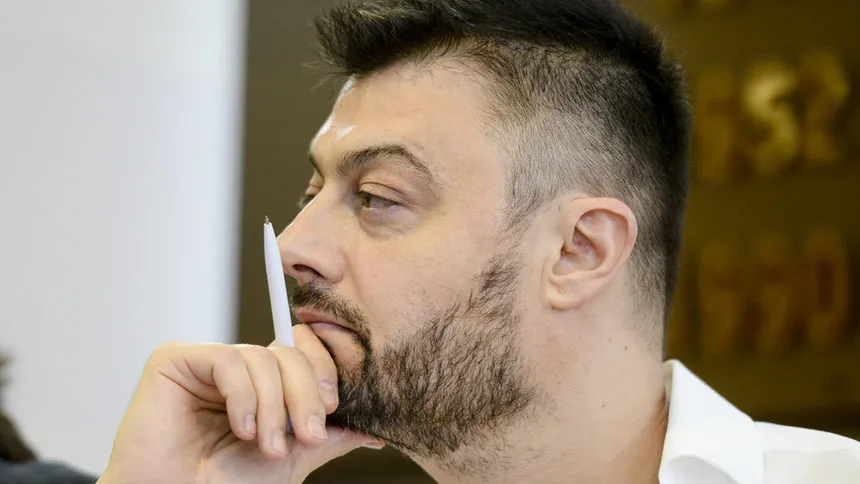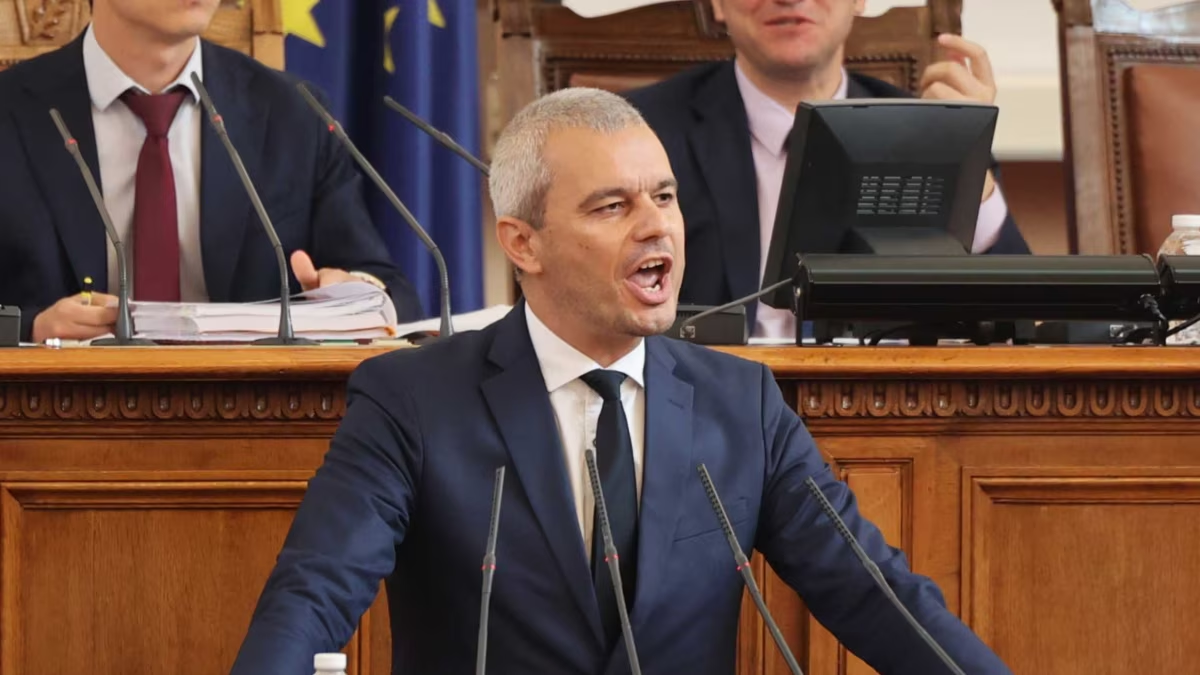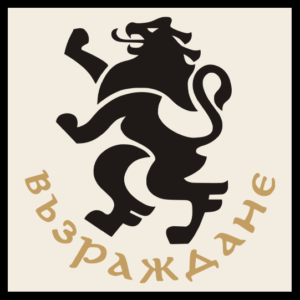Bulgaria has seen a steady flow of nationalist and far right parties in the 2000s. The first with any success was Ataka, a far right party that was formed in 2005 by TV journalist Volen Siderov. Ataka won eight percent in the 2005 election and nine percent in 2009, while Siderov finished second in the presidential elections in 2006. At the time Ataka was given a fair share of international attention. The party still stands as a good representation of Bulgarian ultra nationalism with all successors following pretty much the same formula: uncompromising rhetoric against the establishment (most opponents are dismissed as “traitors”) and hate-speech against minorities, especially Roma, Turks and Muslims. Magdalena Tasheva, an Ataka MP, compared refugees from Syria with monkeys, and called them “savages”, “scum” and “mass murderers”.
Ataka has been a staunch opponent of Nato membership (Bulgaria became a Nato member in 2004), fiercely pro-Russian (a legacy dating back to Russian support for Bulgaria’s independent movement in the 19th century), even wanting to annul the post-World War I peace treaty (according to which Bulgaria lost territory to the former Yugoslavia). Siderov has also systematically promoted conspiracy theories. Ataka also wants to give the orthodox church a significant role in politics. Economically, the party is left-wing, arguing for nationalization of banks and laws against foreigners buying agricultural land.
During the 2010s, the radical right split into several factions. Ataka, which had been a supporting party in parliament for GERB in rounds, saw its voter support halved in the 2014 election, while two other nationalist parties with similar ideology and policies – VMRO and NFSB – entered parliament. The Internal Macedonian Revolutionary Organization (VMRO) was formed in 1991, and claims the legacy of a 19th-century nationalist organization of the same name. Just like Ataka, the party promotes hate-speech against the Roma and Turkish minorities (which they describe as ”a fight against gypsyfication”. They are also strongly critical of LGBTQ rights and gender theories. The National Front for the Salvation of Bulgaria (NFSB) was established in 2011, as a splinter from Ataka, following a conflict between Siderov and NFSB founder and party leader Valeri Simeonov.
In the 2017 election, all three radical right parties came together in an electoral alliance that won just over nine percent. After the election, these three parties, i.e. Ataka, NFSB and VMRO, entered a coalition government with GERB. VMRO’s party leader Krasimir Karakachanov became deputy prime minister with responsibility for internal security. Ataka left the government in 2019, while the other two parties remained until 2021.








